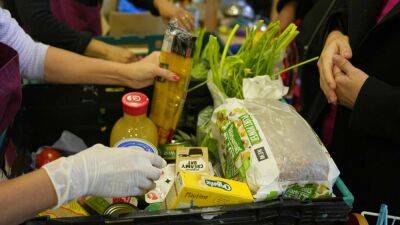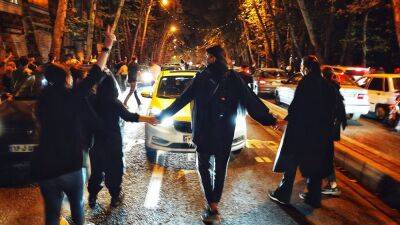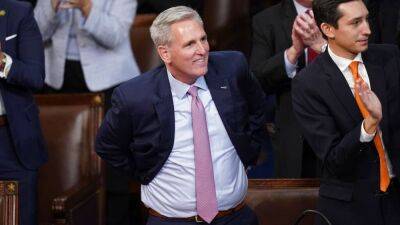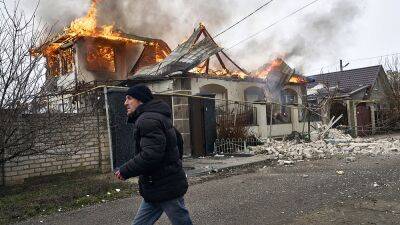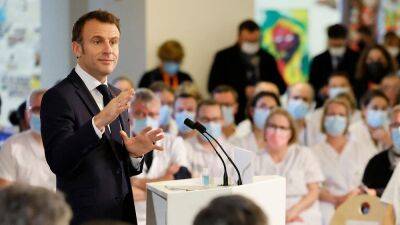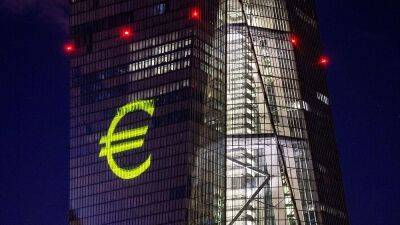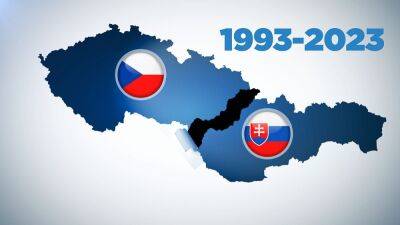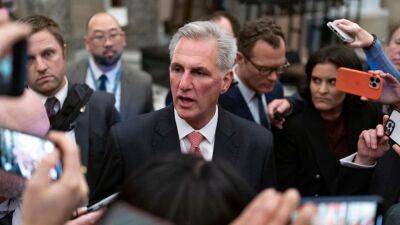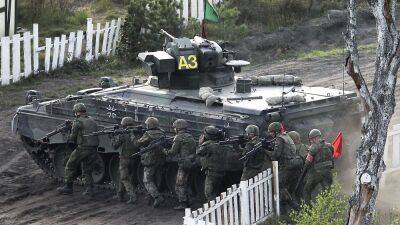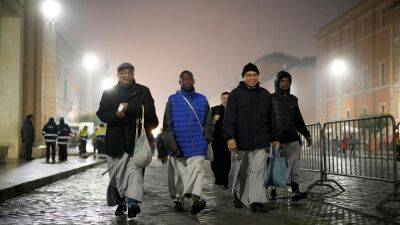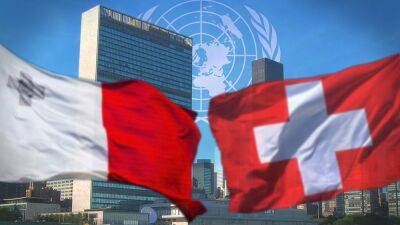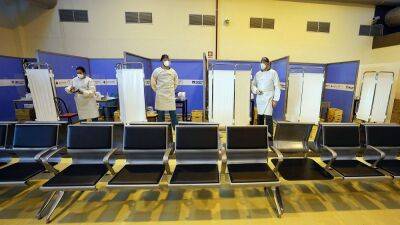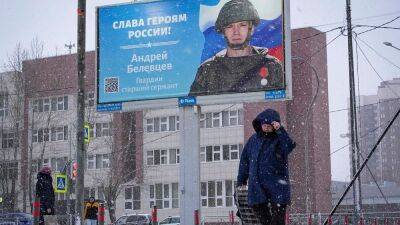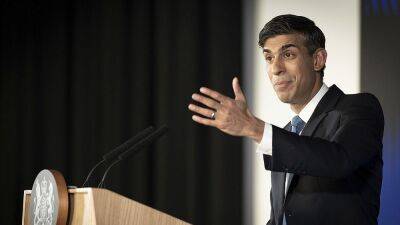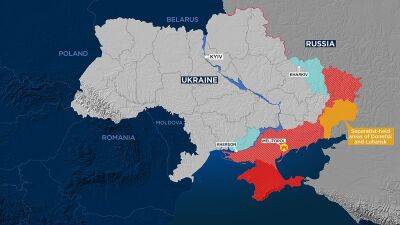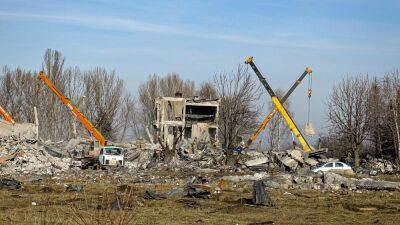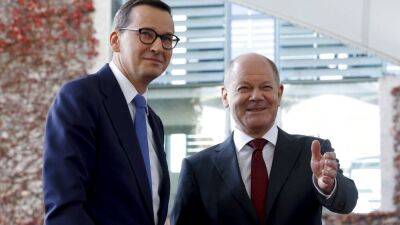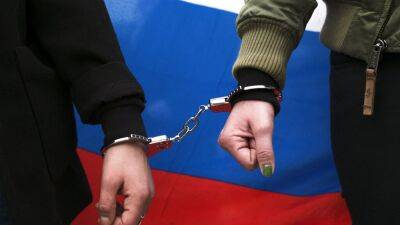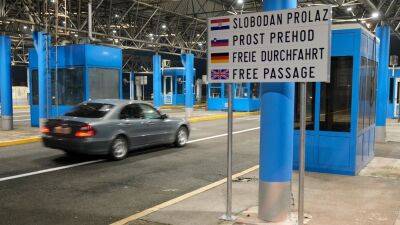Ukraine war: A month-by-month timeline of the conflict in 2022
Russia invades on 24 February, a day etched in the mind of every Ukrainian.
Fierce fighting erupts in northern Ukraine as tens of thousands of Russian troops try to take the Ukrainian capital and decapitate the country. Wagner mercenaries are reportedly redeployed from Africa to assassinate the Ukrainian president.
A defiant Zelenskyy films himself walking through the streets of Kyiv, delivering a clear and compelling message: “I am here. We will not lay down any weapons.”
The move by the former comedian-turned-politician instantly becomes a PR masterstroke, rallying ordinary Ukrainians and the world behind him.
The EU throws open its doors to hundreds of thousands of refugees pouring out of Ukraine, with neighbouring countries like Poland, Hungary and Romania heavily praised for their generosity.
Some criticise the double standards shown by the bloc towards Ukrainians compared to those escaping violence in the Middle East or North Africa.
The United Nations overwhelmingly condemns Russia’s aggression and the West slaps sanctions on Moscow.
Shockwaves from the Russian invasion reverberate around the world.
Food and energy prices climb as attention turns to the wider impact of the war. There are pointed concerns about the cost of living in the west, while food security becomes an worry across huge swathes of the developing world.
Russian forces encounter stubborn resistance around Kyiv and their advance starts to spluter and stall. Snaking convoys of tanks and military vehicles clog up roads, as military logistics and communications break down.
Some senior Russian commanders are killed trying to check on what is happening at the front.
Grizzly evidence of war crimes emerges as Russian forces pull back from areas around Kyiv.
Read more on euronews.com

